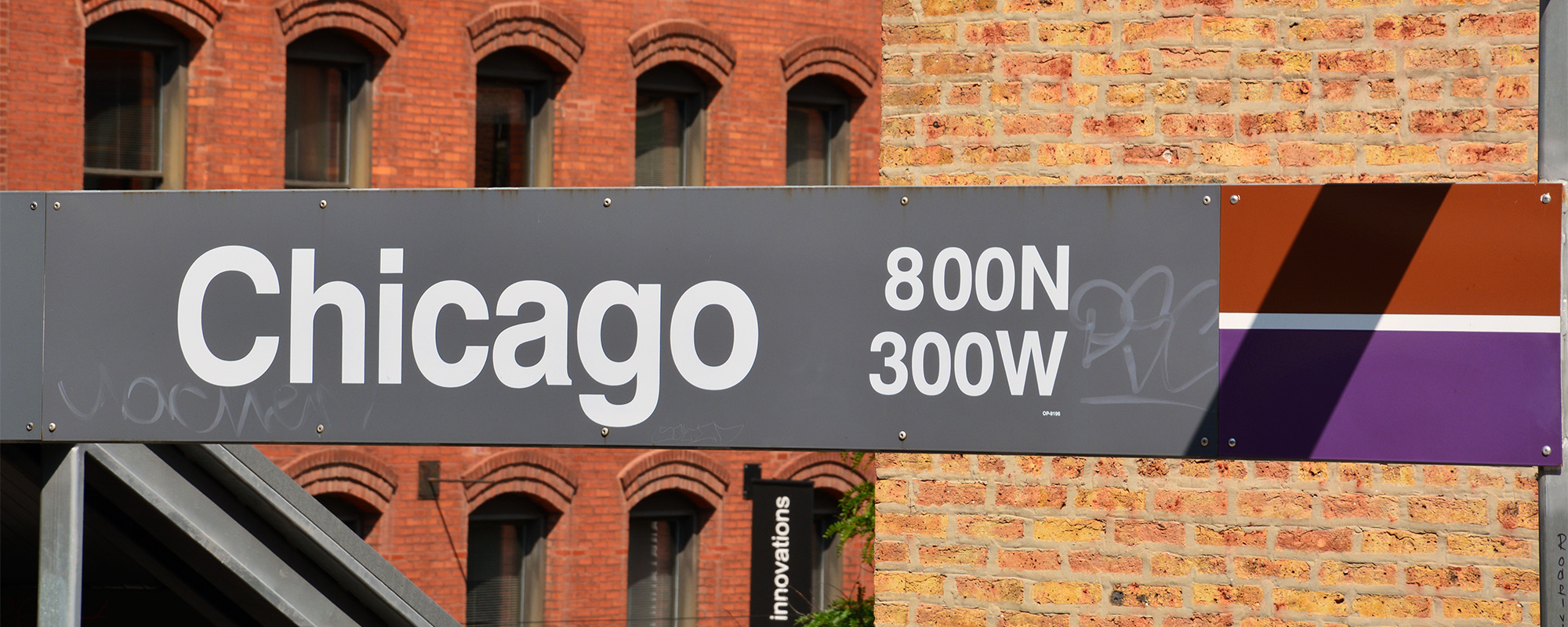Stock Options: Risks and Rewards

Stock options are classified as derivatives, which derive value from underlying assets. Stock market performance, of course, is heavily correlated with corporate profitability, which may swing wildly between zero and infinity through the economic cycle. Sophisticated investors implement various options strategies to both manage financial risks and accelerate total returns.
Structure
Stock options are somewhat like store coupons, which grant rights for you to lock in a particular strike price to buy and sell through a set time frame. You can exercise, or use, options until their expiration date. We define hedging as the use of derivatives to establish contractual prices for securities.
Unlike store coupons, stock options are not free, unless they are awarded through employee benefits packages. Stock options are liquid investments that trade on organized exchanges, such as the Chicago Board Options Exchange. You will pay premiums and commissions to trade and exercise options.
Puts and Calls
A call option contract allows you to purchase shares at a set strike price. A put option grants rights for you to sell stock at a set price. Investors may buy puts to hedge positions against significant losses.
Traders may also consider selling puts and calls to collect premiums and investment income. Straddles and spreads are complicated options strategies used to profit off volatility, or a lack thereof.
In The Money
Stock options are associated with leverage, where you put down a relatively small amount of money to control large amounts of assets. Each individual option contract grants rights to buy and sell 100 shares of stock – for a small premium expense. A $5 premium for Stock Z $110 December call options implies a total cost of $500.
This call option will be in the money when Stock Z rises above $115 per share ($110 Strike + $5 premium) before December 17th. You may then exercise or sell your calls for a profit. Stock options, of course, are worthless if they are still out of the money at the expiration date. For this, options trading tools are best reserved for the most sophisticated of investors, or thrill-seeking casino gamblers.

